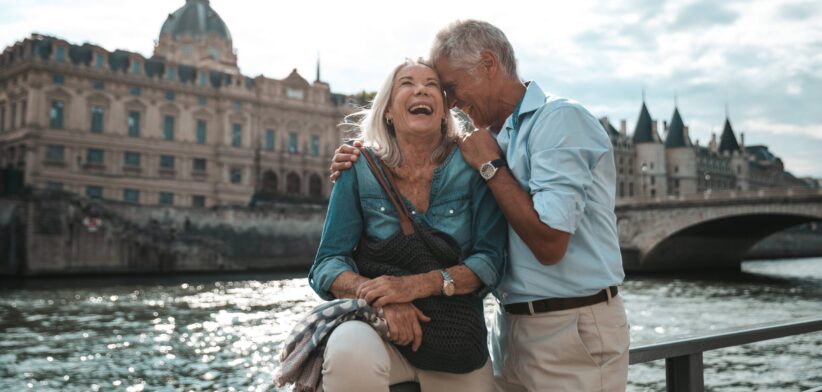New research has revealed that travel may be the best way to prevent premature ageing.
Scientists from Edith Cowan University (ECU), in Western Australia, conducted an interdisciplinary study and applied the theory of entropy to tourism, finding that travel could have positive health benefits, including slowing down the signs of ageing.
ECU PhD candidate Fangli Hu said entropy was classified as the general trend of the universe towards death and disorder.
Ms Hu said the entropy perspective suggested that tourism could trigger entropy changes, where positive experiences might mitigate entropy increase and enhance health.
“Ageing, as a process, is irreversible. While it can’t be stopped, it can be slowed down,” she said.
“Positive travel experiences could enhance individuals’ physical and mental wellness through exposure to novel environments, engagement in physical activities and social interaction, and the fostering of positive emotions.
“Tourism isn’t just about leisure and recreation. It could also contribute to people’s physical and mental health,” she said.
Ms Hu said travel therapy could serve as a groundbreaking health intervention when viewed through an entropy lens.
She said as an important aspect of the environment, positive travel experiences may help the body sustain a low-entropy state by modulating its four major systems.
“Tourism typically exposes people to new surroundings and relaxing activities, and novel settings can stimulate stress responses and elevate metabolic rates, positively influencing metabolic activities and the body’s self-organising capabilities. These contexts may also trigger an adaptive immune system response.”
Ms Hu said that this reaction improved the body’s ability to perceive and defend itself against external threats.
“Put simply, the self-defence system becomes more resilient. Hormones conducive to tissue repair and regeneration may be released and promote the self-healing system’s functioning.”
She said on the flip side, the research pointed out that tourists could face challenges such as infectious diseases, accidents, injuries, violence, water and food safety issues and concerns related to inappropriate tourism engagement.
“Conversely, tourism can involve negative experiences that potentially lead to health problems, paralleling the process of promoting entropy increase. A prominent example is the public health crisis of COVID-19.”








